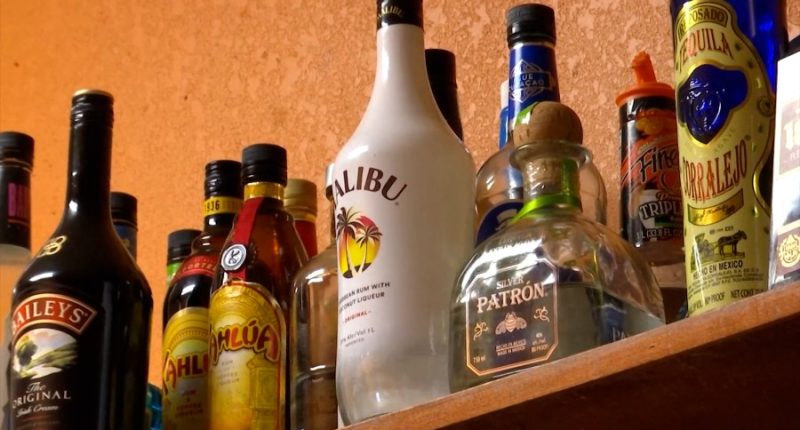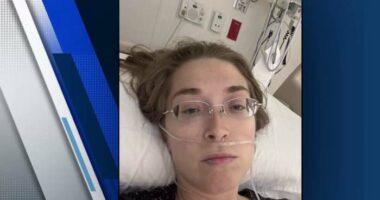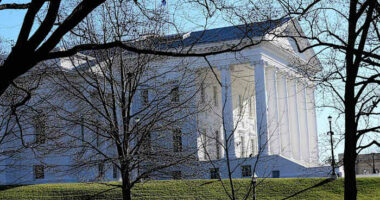Share this @internewscast.com

Relief might soon be available for South Carolina’s restaurants and bars struggling with steep insurance costs, following a compromise on liquor liability reform.
Representative Weston Newton (R-Beaufort) shared on Tuesday evening that the House and Senate have come to an accord concerning liquor liability and joint and several liability.
This agreement, which received approval from the House, concludes weeks of negotiations between the two chambers. Senators are set to vote on this measure—a significantly pared-down version of the tort reform bill they previously passed—during Wednesday’s session.
Lowering insurance rates for bars and restaurants was billed as a top priority entering the legislative session, as the hospitality industry warned that soaring premiums were forcing businesses to close across the state.
But negotiations between the two chambers dragged on for weeks, with senators pushing for a comprehensive tort reform package that addressed several industries while the House version dealt only with liquor liability.
“At the end of the day, this is about not holding our bars and restaurants hostage any longer,” Rep. Weston Newton said Tuesday on the floor.
At issue was a 2017 law that required establishments serving alcohol past 5 p.m. to carry an insurance policy with total coverage of at least $1 million. Supporters argued it ensured victims of alcohol-related incidents were fully compensated, but many in the industry said it led to some insurance companies pulling out of the state and raising rates.
The compromise leaves the $1 million minimum requirement in place but creates a so-called “risk mitigation program” that allows businesses to drop their rates.
An establishment that stops serving alcohol by midnight, for example, could see its limit reduced by $250,000.
The bill also requires all servers to complete an alcohol training course, and businesses that serve alcohol on-site between midnight and 4 a.m. use a forensic system to check IDs. Those who participate can see a $100,000 reduction.
In addition, establishments where alcohol sales account for less than 40% of their total revenue would also qualify for the $100,000 reduction.
“This is a system of step-down mitigation that rewards the good actors, but it does include differences in the Senate of requiring the serving training and requiring the scanners to validate IDs,” Newton explained, adding that businesses would have to maintain a $300,000 policy at minimum.
The agreement also makes changes to how liability is determined and damages can be awarded in civil lawsuits involving alcohol.
Current state law allows for joint and several liability, meaning defendants who are found more than 50% at fault can be held responsible for paying the full amount of a victim’s damages.
Under the compromise, all parties that contributed to a plaintiff’s injuries would be added to the jury form, a move proponents argued would stop individuals and businesses from being unfairly penalized for the actions of others.
Rep. Jay Jordan (R-Florence) said the agreement balances the “path forward that [bars and restaurants] desperately need” with the liability piece that “allows the business climate to be what it can be.”
Senators have until the end of session at 5 p.m. Thursday to approve the measure and send it to the governor’s desk.
If signed, most provisions of the bill would take effect Jan. 1, 2026.













